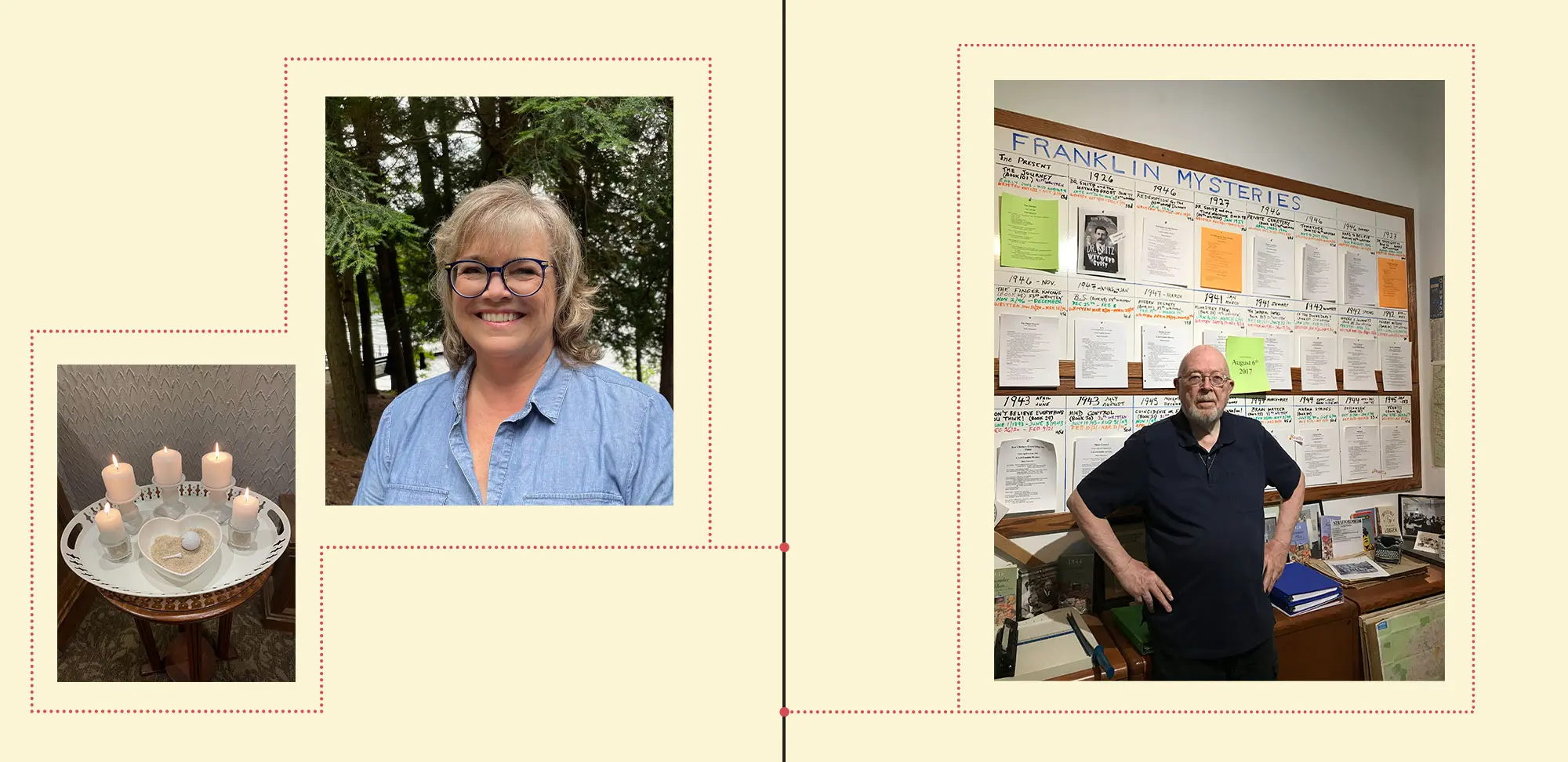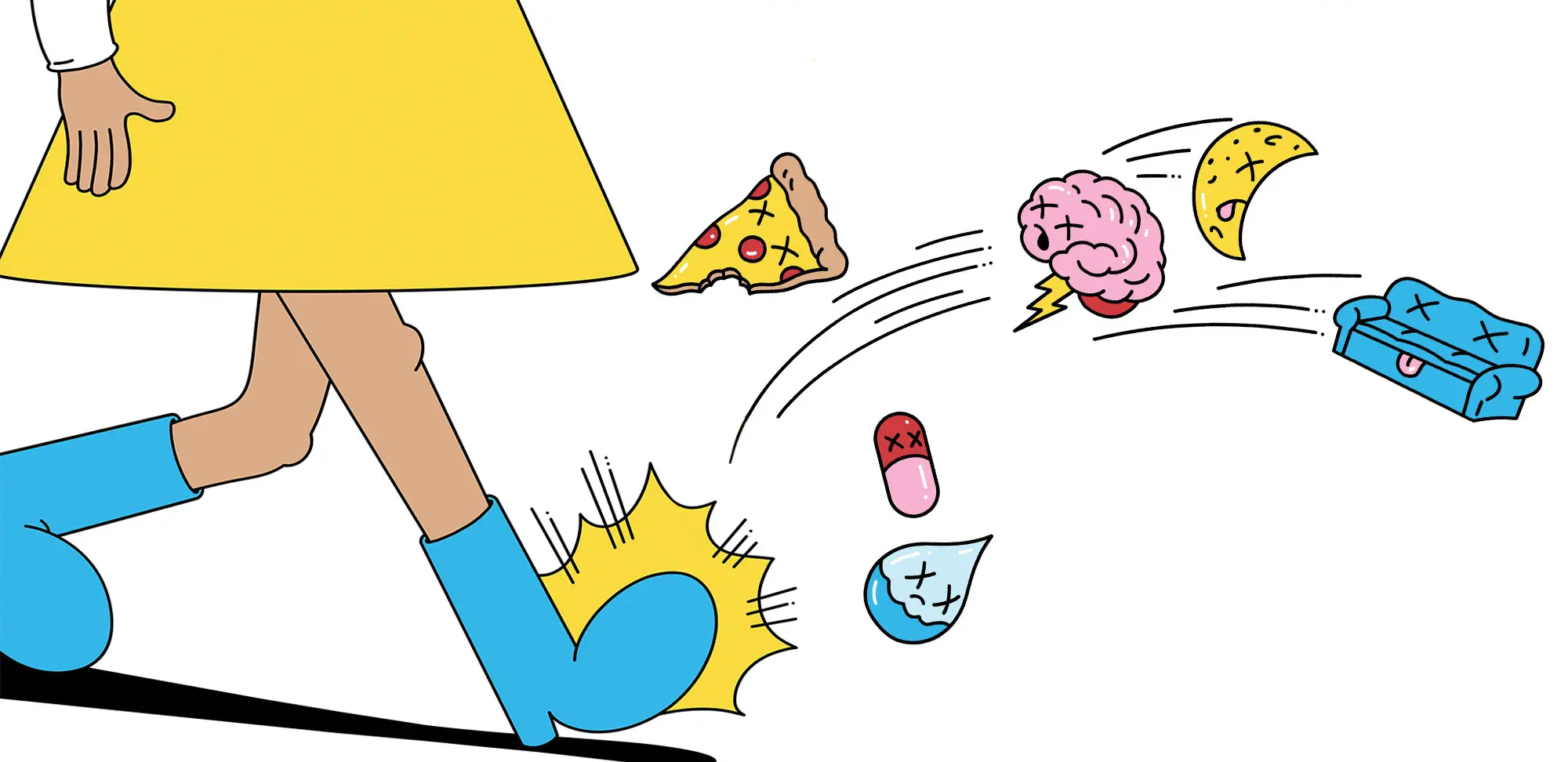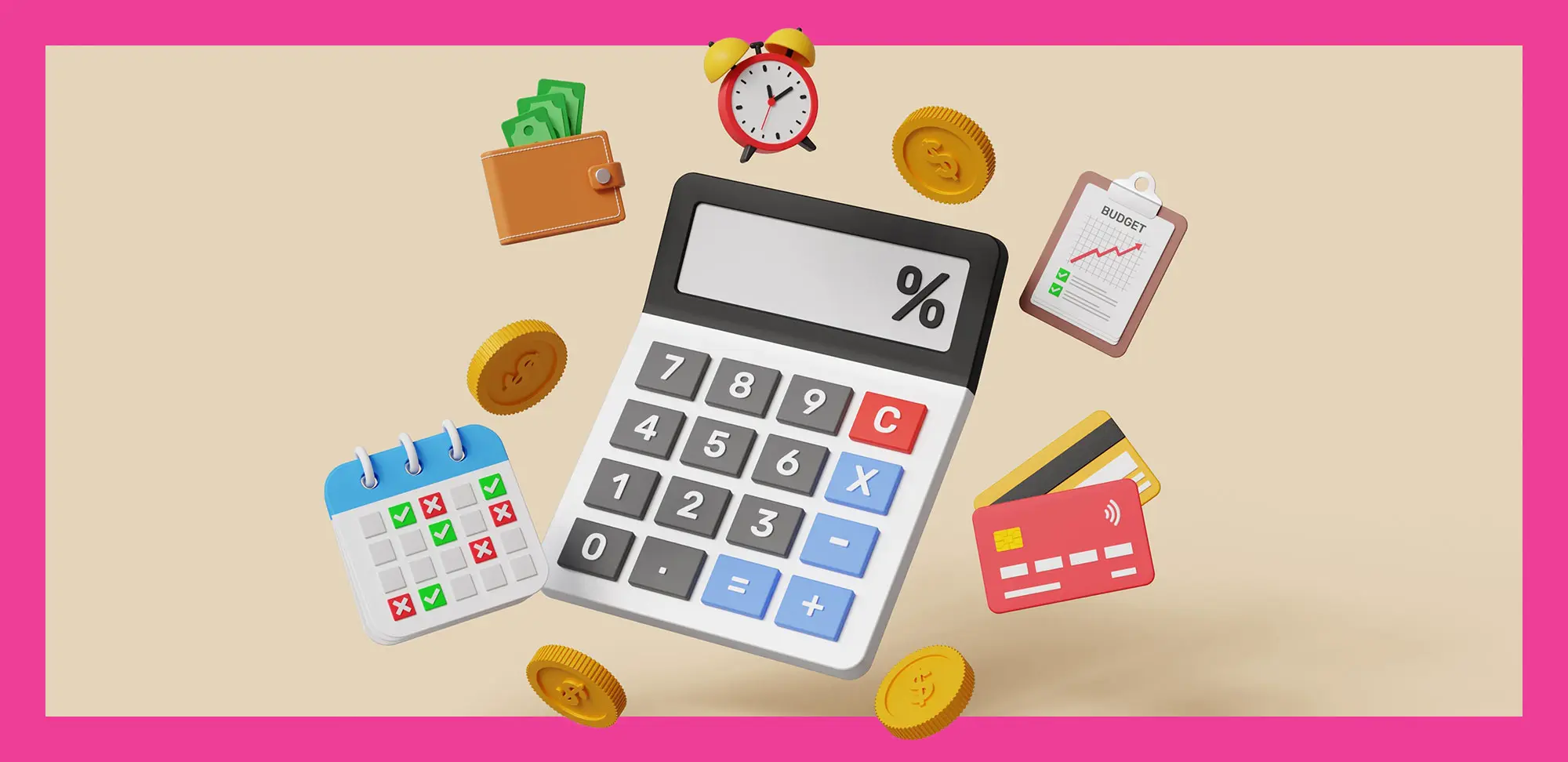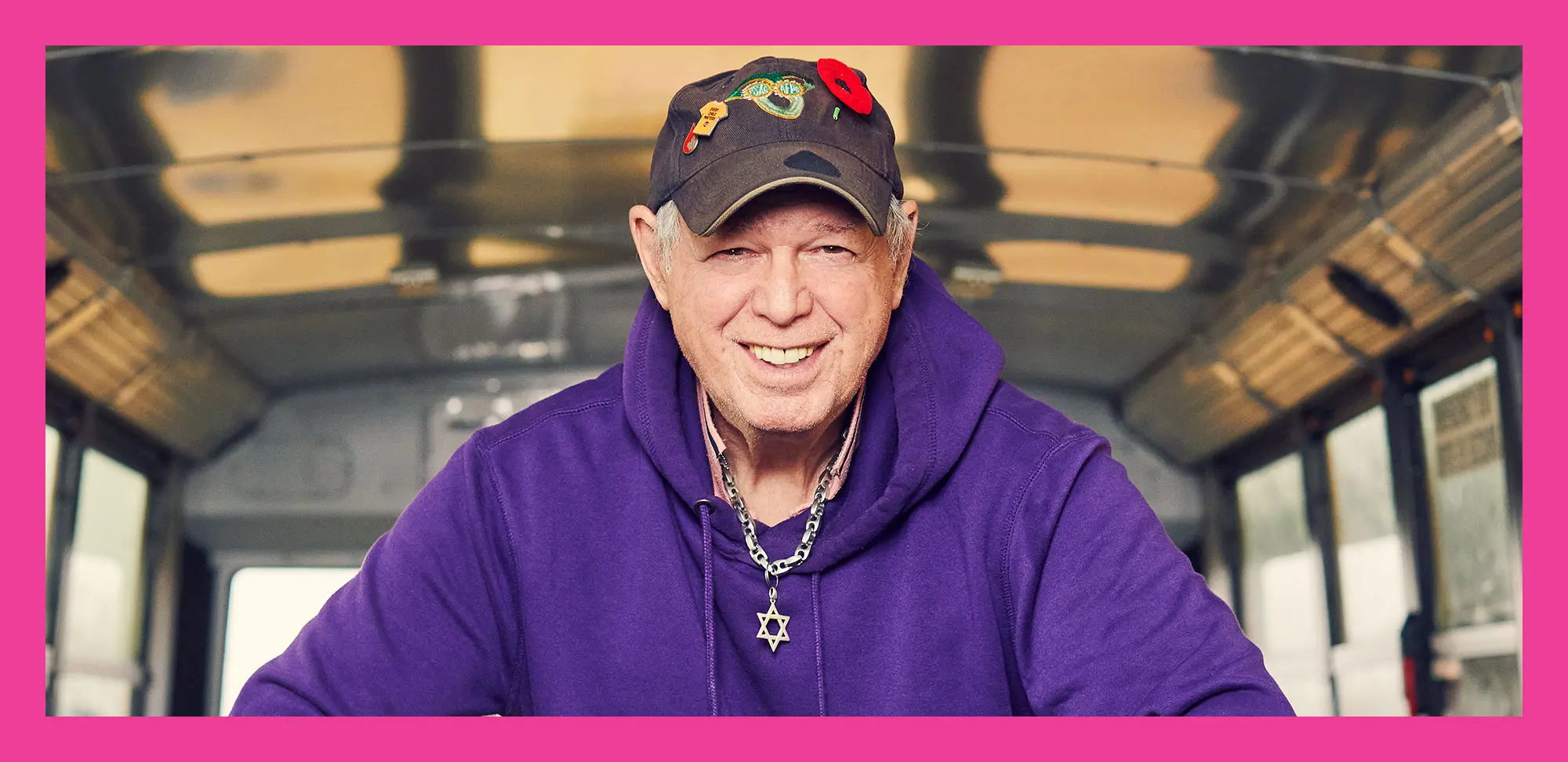Last October, I started volunteering for Kids Help Phone. As I extended kindness, warmth and compassion to youth in crisis, I discovered that my own mental health began to improve. Not only does it feel good to help those in need; it also gives me perspective on my own problems — and while it doesn’t solve them, I’ve found that sitting in the darkness listening to young people has increased my resilience in my day-to-day life.
Showing kindness, whether toward yourself or someone else, is known to make us feel good and is an often-unrecognized element of well-being. Scientific research has shown that those warm feelings we get when practising acts of kindness are linked to health benefits, like reduced stress levels and better heart health.
“I think kindness is a quality of being genuine, well-intentioned, and I’d consider it requiring courage,” says Jennifer Irwin, a professor in the Faculty of Health Sciences at Western University. It’s often confused with “niceness,” which can include giving joy or being polite or friendly.
Katie J. Shillington agrees. She’s an adjunct professor in the Department of Psychology at Wilfrid Laurier University and a postdoctoral scholar in the Department of Neurobiology at University of California San Diego. “Kindness can be understood as a benevolent and helpful action intended towards another person and is often motivated by a desire to help someone,” she says. “It’s bettering the lives of others, one’s own life and the world, through genuine acts of love, compassion, generosity or acts of service,” which all fall under the umbrella of prosocial behaviours.
From author George Saunders’s graduation speech (“Err in the direction of kindness”), to recent books like Rutger Bregman’s Humankind: A Hopeful History and Jamil Zaki’s The War for Kindness, to Pope Francis’s TED Talk about “the revolution of tenderness,” kindness is everywhere. In fact, it’s part of the human condition, Irwin says. If we get in touch with that part of ourselves, we can see its many advantages.
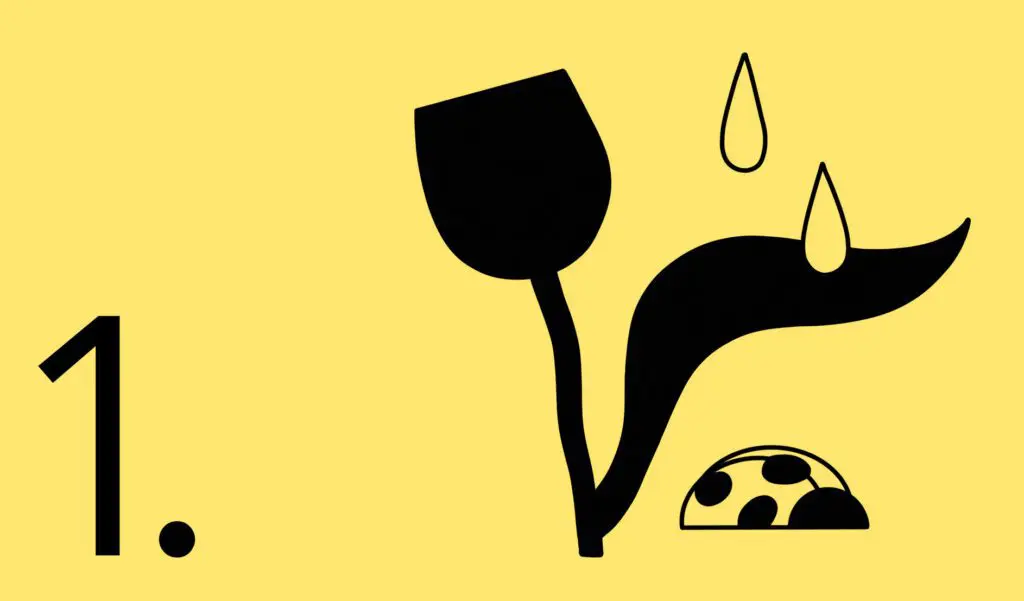
Being kind is a natural buffer for stress
Chronic stress can lead to a slew of health problems, like increased cortisol (the stress hormone), blood pressure, pain, sleep problems and a weakened immune system. A study from Stanford University showed that when our bodies are fuelled by our non-stop adrenaline-filled lifestyles, we have a harder time coming out of “threat mode.”
Regular acts of kindness, compassion and prosocial behaviour have been shown to combat this stress by improving resilience and reducing cortisol (by up to 23 per cent, according to Shillington) — especially when used in combination with other tools such as exercise, healthy eating, therapy and mindfulness. It can even influence your neurological system, according to Irwin. Engaging in kind acts releases oxytocin, a hormone that reduces feelings of stress and fear, as well as dopamine, the happy hormone. While practising regular kindness doesn’t eliminate stressors, it improves our ability to cope better with challenges.

Being kind can improve your mental health in myriad ways
“If we just dedicated our lives to kindness, to the qualities of friendliness and care,” writes Tara Brach, in her book Radical Acceptance, “we would be directly serving peace on earth.”
Irwin’s research on students participating in random acts of kindness also shows the mental benefits of kindness: “Deliberate acts of kindness caused reductions in anxiety and negative moods, and improved resilience. Participants reported improvements in their mental health and an increased connection to others.”
“High levels of resilience have been associated with positive mental health outcomes,” Shillington says. Kindness can even stimulate the production of serotonin, the feel-good chemical that increases happiness and heals wounds, which can be linked to having a greater meaning in life and enhanced self-worth and self-esteem. “When you engage in kind acts, your brain produces endorphins, which is known as a natural painkiller,” she adds.

Kindness is good for the heart, body and soul
Kindness even has an impact on inclusivity, Irwin says, as it boosts positive social connection and belonging in groups. It’s also an important component of equity. Shillington notes that it’s a great way for older adults to reduce feelings of isolation. “There’s science behind why engaging in such kind acts actually makes us feel so good,” she says. “When you’re kind to another person, your brain’s pleasure and reward centres actually light up.” This is known as the “helper’s high.”
Practising regular acts of kindness as simple as holding the door open for someone, phoning a friend or saying good morning to a neighbour can be one way to measure psychological well-being, which includes having purpose in life, being optimistic and feeling a sense of happiness. According to research from the National Library of Medicine in the United States, people who fit this profile are less likely to develop cardiovascular disease, protecting the heart and metabolic health.
One study from the Diabetes Care journal researched people with type 1 or 2 diabetes, concluding that an eight-week self-compassion program helped temper their depression and blood sugar dysregulation. Soothing compassionate activities made a positive impact on the nervous system and mood and taught participants the importance of being patient in healing. (If you want to learn more about self-compassion exercises, professor and author Kristin Neff offers free resources on her website: self-compassion.org.)

Being kind boosts happiness, even when we’re most vulnerable
Kindness helps both the giver and the receiver function better, even when serious illness is involved. The Journal of Positive Psychology released a study where patients with early-stage breast cancer performed random acts of kindness and reported stronger social support and a connection with others in their growing social circles. The evidence shows that kindness kills negative stress brought on by disease or other challenges and provides grounding experiences that contribute to life perspective.
Irwin’s own experience reflects this: While in the hospital for cancer, her cousin Deb “did little acts of kindness seemingly all the time,” Irwin says, “from bringing her physical therapist her favourite brownie” to “listening to her oncologist tell her how her daughter was doing” and even touring treatment rooms to write messages of support for patients. “Deb let people know that she saw them and that they mattered . . . and it made her feel better.”
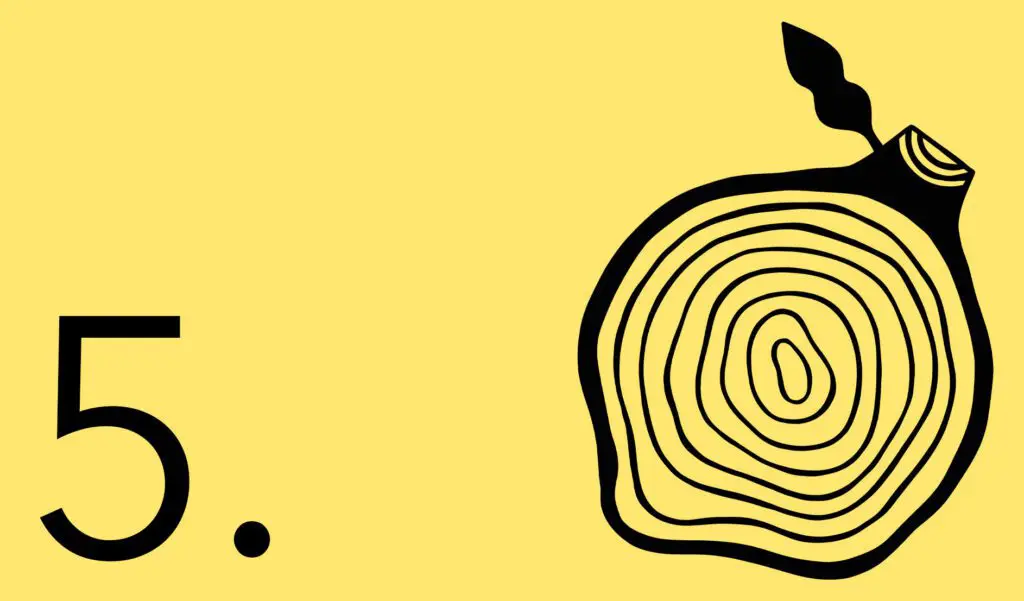
Kindness can increase your lifespan
So, does kindness help you live longer? “There’s research to support that engaging in kindness can protect your overall heart health twice as much as aspirin protects against heart disease, which is one of my favourite kindness facts,” Shillington says. People who regularly engage in kindness have been found to “age slower than the average person,” she adds. “The bottom line is, yes, kindness can actually increase one’s life expectancy.”
What’s the ideal dosage of kindness? Shillington says it’s difficult to quantify, and it’s even tough to say which types of kind acts provide the most benefits. “Kindness is so individual and specific in the sense that it’s different for everyone. Some people may want to engage in many small acts, whereas others may find it more impactful to engage in a few large-scale acts of kindness during the month. It’s important that folks find variety.”
“Kindness is an evidence-based, low- to no-cost endeavour that’s accessible to everyone,” Irwin says. She emphasizes that establishing boundaries is an important part of self-kindness so as to not deplete your own resources.
After all, the kindest thing you can do is take care of yourself before helping others. It’s a lesson I’ve learned at Kids Help Phone as I handle text messages about everything from suicide to relationship problems to chronic mental health issues. It’s crucial to check in with your own needs. For me, that looks like decompressing through rest and movement, chatting with my husband, having a snack or distracting myself online. On a larger scale, it means living according to my own values or doing what’s right — even if it feels difficult.
Through my volunteer work, I’m constantly empathizing with others and thinking about how I’d want to be treated if I were in someone else’s shoes. Volunteering gives me something to look forward to every week, and it’s an instant mood boost.
That much-needed serotonin boost is also why, as I write this, I’m preparing to deliver humanitarian medical luggage to a hospital in Havana, Cuba. I recently reached out to my casa particular host to see what he and his community needed. In a place experiencing medicinal and food shortages, putting together luggage filled with things I know other people need more than me, and preparing to give it without strings attached, is one of the most meaningful, and kind, things I can do.



